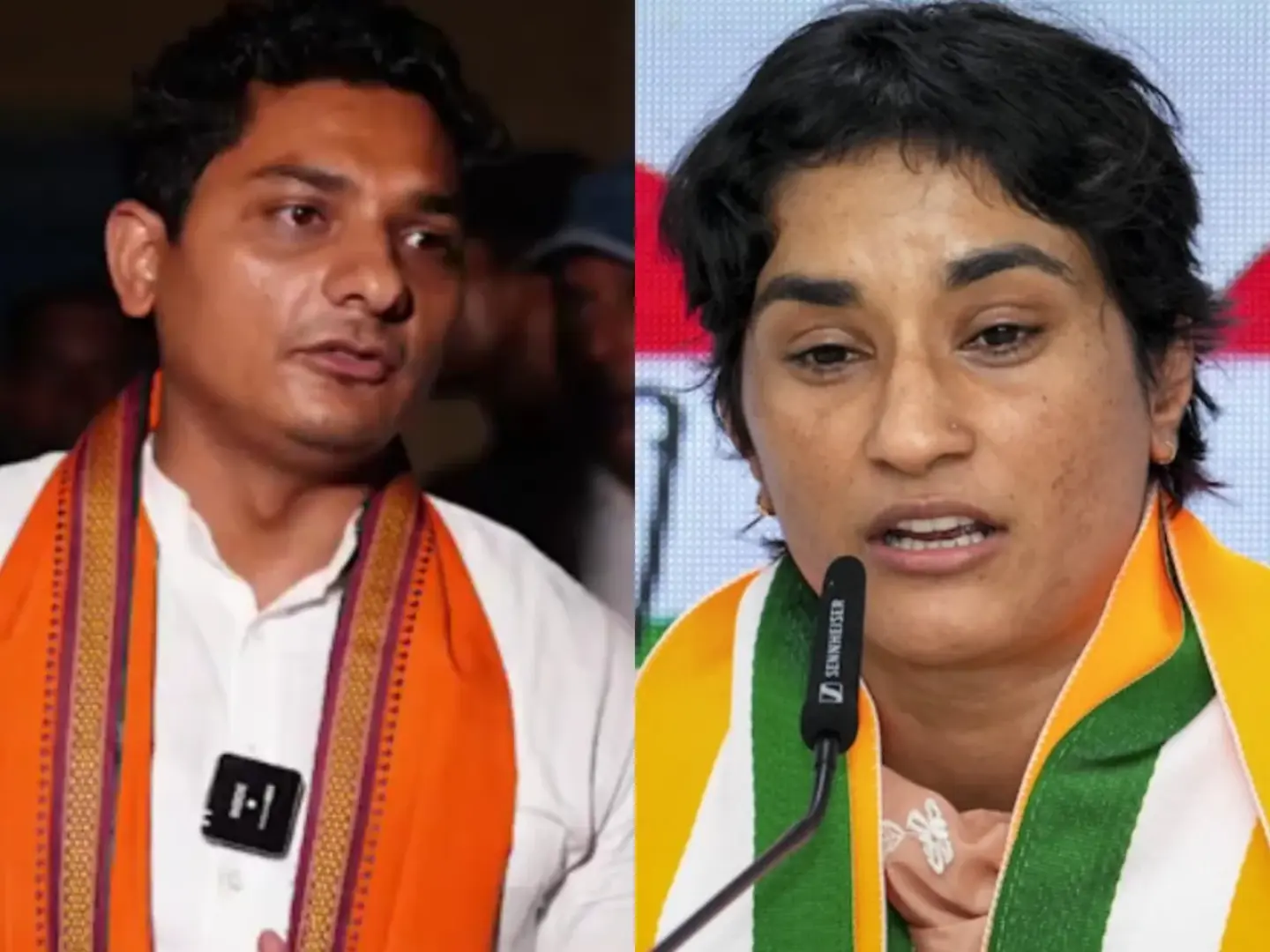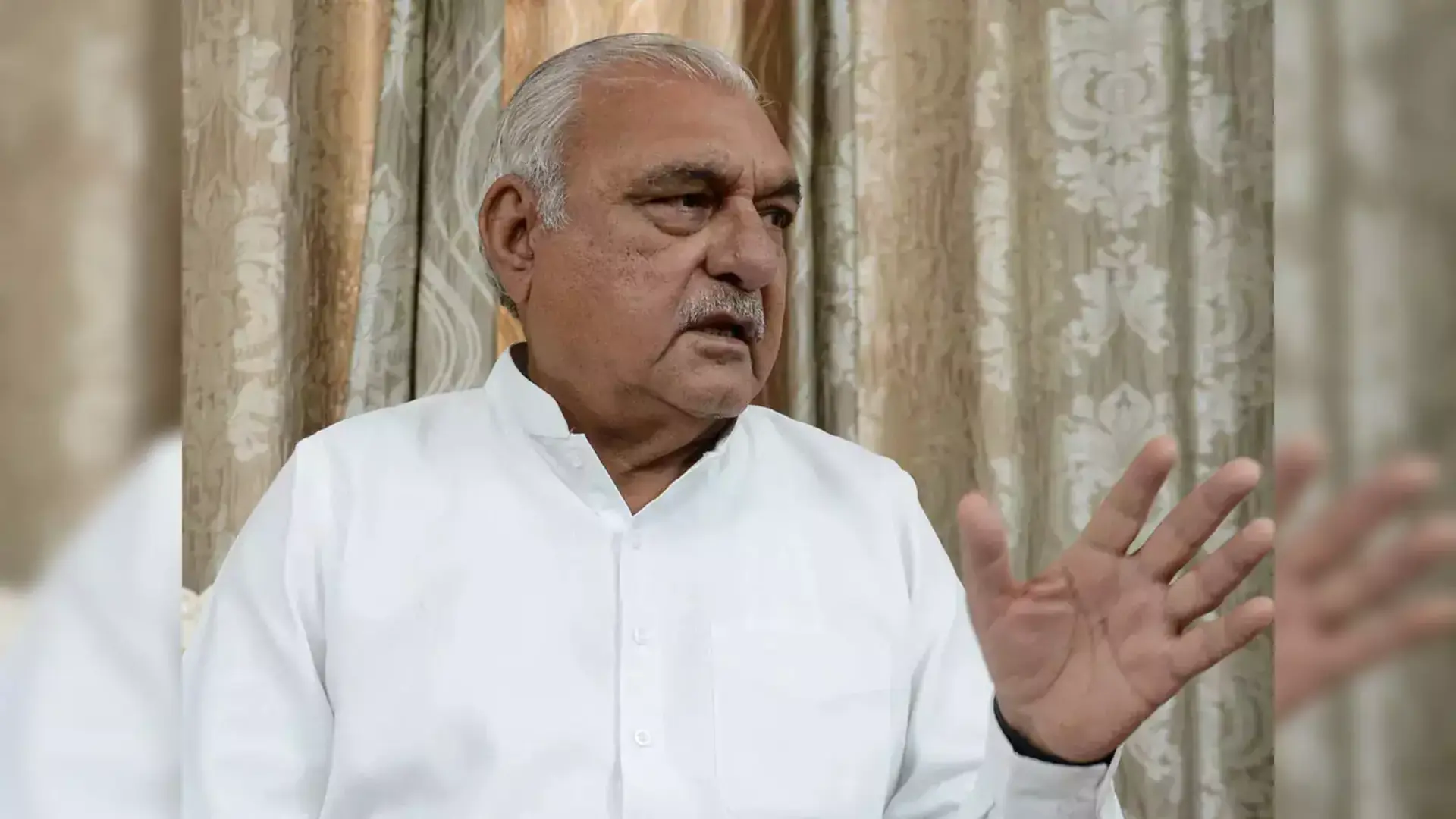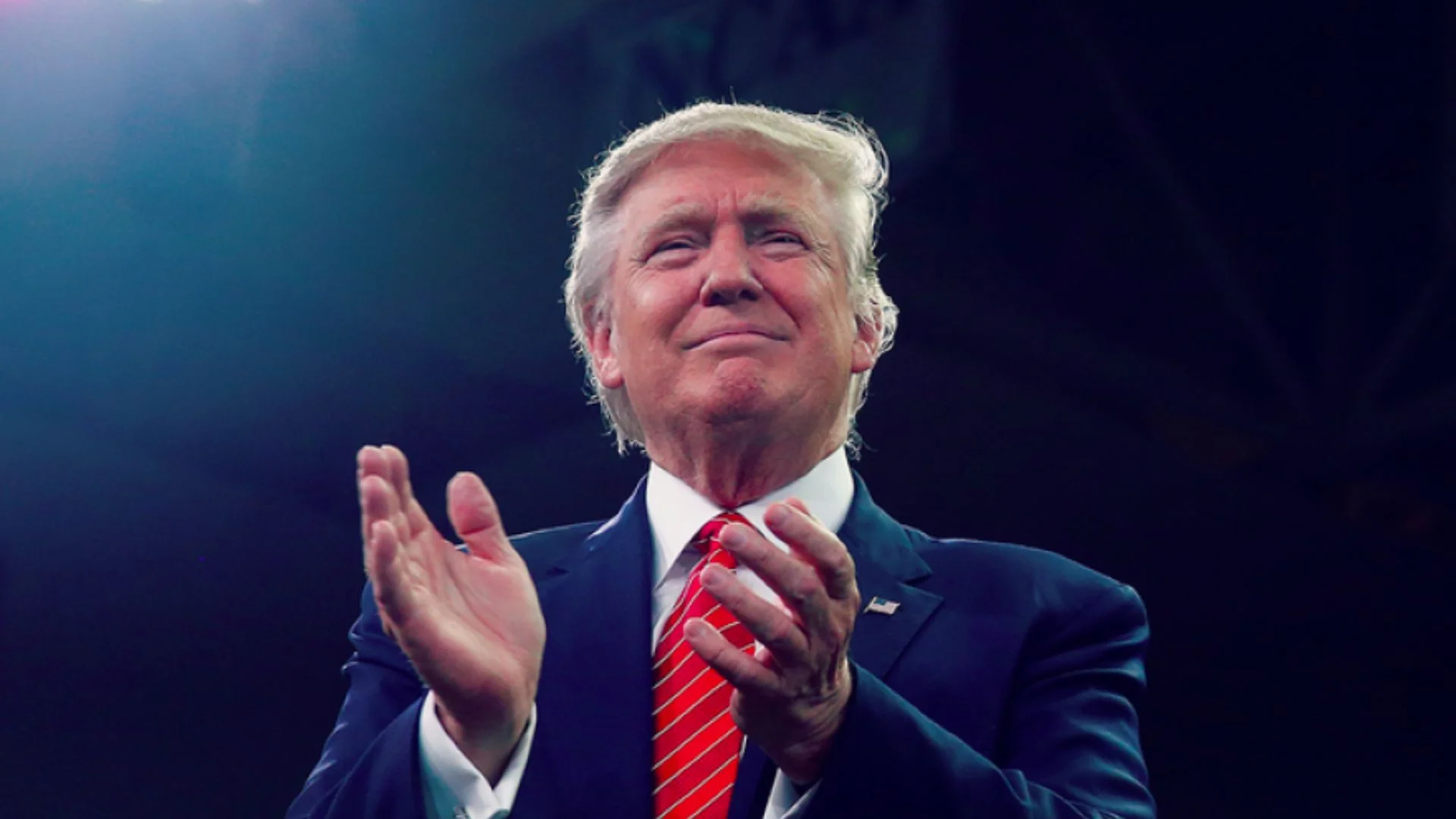
With less than four weeks remaining until the United States holds a pivotal presidential election, the race remains highly competitive. Both candidates are in full campaign mode, but experts believe the outcome is still too close to predict. Emory University political science professor Zachary Peskowitz describes the polls as a “nail-biter,” noting that no candidate holds a decisive lead in any of the seven key swing states.
Peskowitz emphasized that both the popular vote and the electoral college will be “extraordinarily close.” He suggested the popular vote could be within two to three percentage points, and there is even a possibility of an electoral college tie, which would send the decision to the U.S. House of Representatives.
The official candidates are former President Donald Trump for the Republican Party and Vice President Kamala Harris for the Democratic Party. The election, set for November 5, is expected to hinge on voter mobilization in the final weeks, especially in swing states.
Peskowitz also noted that foreign policy is a “very minor consideration” for most voters, though U.S. support for Ukraine in its conflict with Russia remains significant. The professor also discussed the importance of the growing Indian-American electorate, particularly in swing states like Georgia, Michigan, and Pennsylvania, where they tend to lean Democratic.
Debates, according to Peskowitz, have little lasting impact on the election, with short-term effects on polls lasting only a few days. Despite Kamala Harris’ strong performance in the second presidential debate, which addressed issues like abortion, immigration, and international conflicts, Peskowitz believes the election will be determined by developments in the coming weeks and how well each candidate can turn out their supporters.
The economy remains the top issue for voters, with high inflation and concerns about the cost of living being major factors. While the Democrats have benefited from low unemployment rates, particularly in swing states, inflation under the Biden-Harris administration has created concerns. Other key issues include immigration and abortion, with Republicans holding stronger positions on immigration, while Democrats appeal to moderates on abortion and reproductive health.
Gun violence, while significant for some voters, is overshadowed by these key issues in shaping voter preferences. Ultimately, Peskowitz believes the election will be one of the closest in recent memory, with every vote in the swing states crucial in determining the next U.S. president.















